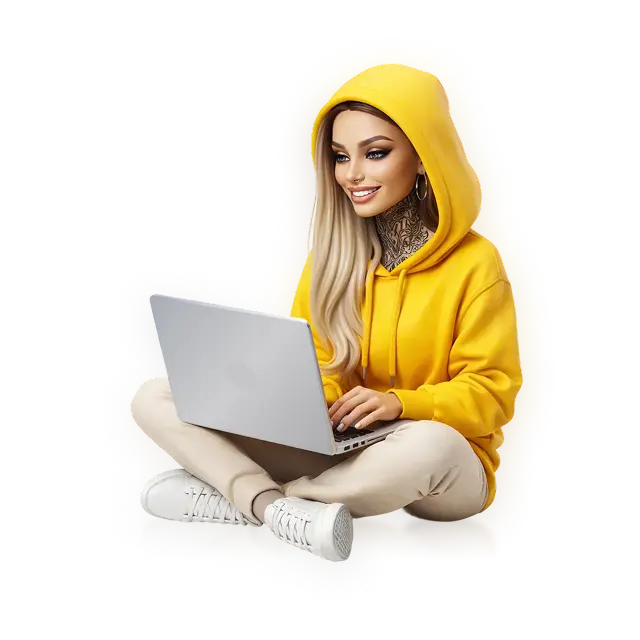The Surge of AI-Generated Content
Artificial intelligence generated content now matches human output online, hitting fifty percent of all material as of October 2025. Tools like OpenAI’s Sora and Google’s Veo turn text prompts into full videos in seconds. Businesses pump out product demos and tutorials without crews or scripts, cutting costs by over sixty percent in some cases. Publishers automate news summaries and social posts, flooding feeds with synthetic articles that mimic real reporting. This shift boosts efficiency but sparks fears of an echo chamber where machines recycle their own low-quality scraps.
The Threat of Model Collapse
Model collapse emerges as the core threat in this AI content explosion. Researchers at Oxford demonstrated in a Nature study how large language models trained on AI-made data degrade over generations. Early models learn from diverse human inputs, capturing nuances like sarcasm or cultural context. Feed them synthetic text, and outputs grow bland, repeating errors and hallucinations. Video follows suit: AI-generated clips lack the subtle camera shakes or emotional beats of human work, leading to robotic trends that viewers tire of quickly. By 2030, projections show AI video volume multiplying fivefold, amplifying this loop unless curbed. Provenance protocols, like those in Camp Network’s blockchain system, track origins to ensure human roots, preventing total washout.
Impact on Human Creators
Creators face direct hits from this tide. Platforms once rewarded unique voices now prioritize volume, with algorithms favoring fast-churned clips over polished originals. MrBeast highlighted the scare: advanced AI videos could sideline millions earning from authentic storytelling. Reaction channels and vloggers compete against bots spitting endless remixes, eroding ad revenue as brands shift to cheap synthetic ads. YouTube’s push against mass-produced slop aims to filter repetitive AI droves, but enforcement lags. Independent artists lose when training data pulls from uncredited works, echoing Yoshua Bengio’s warnings of unchecked AI prioritizing self-growth over fairness. Compensation models falter too, with no royalties for scraped content fueling the beasts.
Solutions for Ethical AI Content
Ethical AI content creation demands immediate fixes. Watermarking standards embed invisible markers in human media, letting detectors flag synthetics at scale. Open-source datasets prioritize verified human contributions, starving collapse-prone loops. Platforms integrate tools like Proof of Provenance to automate payouts, routing value back to originators. Developers build in bias checks, as seen in GPT-5’s reduced skews, ensuring diverse outputs. For video trends, hybrid workflows blend AI speed with human oversight: generate rough cuts, then refine for depth. This approach sustains engagement, where personalized clips adapt to viewer moods without veering into uncanny valleys. Regulators eye mandates, drawing from EU’s AI Act to classify high-risk generative tools.
Shaping a Balanced Future
The path forward hinges on balanced adoption. AI content generators excel at scale, handling grunt work so creators focus on innovation. Yet without safeguards, the flood drowns signal in noise, crippling trust in digital media. Stake in provenance tech and hybrid methods now to shape an ecosystem where human ingenuity thrives alongside machine muscle. As AI video trends evolve toward interactive shoppables and real-time edits, prioritize authenticity to keep audiences hooked.
Stay Ahead of the Machines
Don't let the AI revolution catch you off guard. Join Olivia and Alex for weekly insights on job automation and practical steps to future-proof your career.
No spam. Just the facts about your future.

